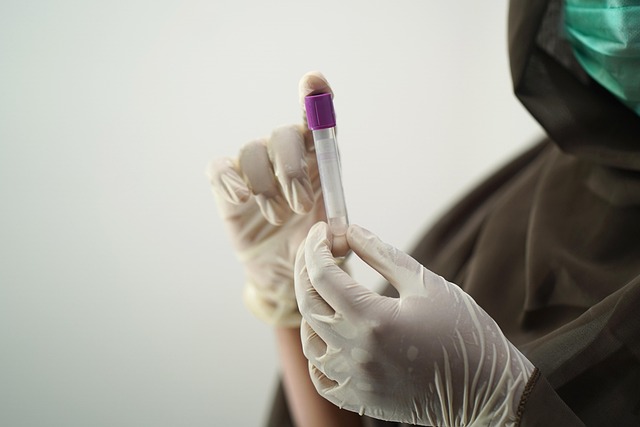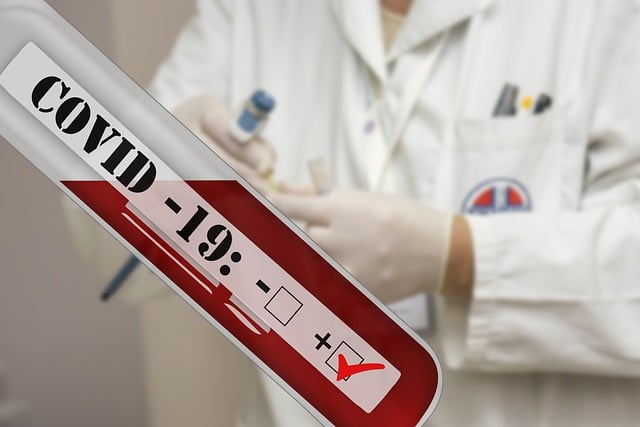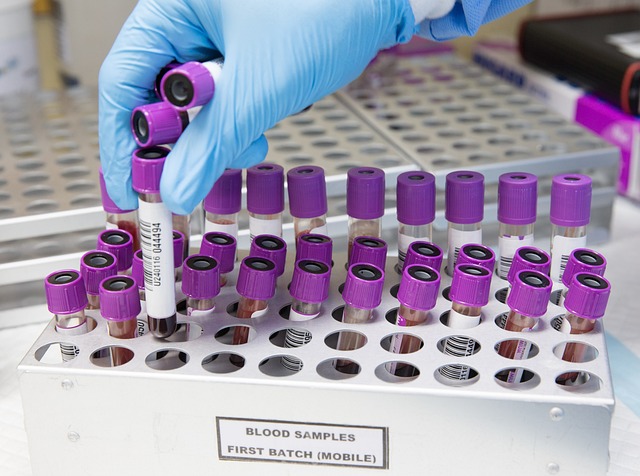The Testosterone Blood Test UK is a simple procedure measuring testosterone levels in blood, offering insights into hormone health. Normal ranges vary by age and individual health. Preparation includes avoiding strenuous exercise, maintaining normal diet, and ensuring proper hygiene for a painless test day experience. Results, given in nmol/L or ng/dL, should be discussed with a healthcare professional for interpretation and potential treatment options based on optimal hormone levels for energy, muscle, bone density, and sexual health.
“Considering a Testosterone Blood Test UK? This comprehensive guide is your starting point. Learn how to effectively monitor your health through at-home testing, focusing on testosterone levels. We’ll break down the process from preparation to interpretation, ensuring you’re empowered to understand your results. Whether you’re an athlete or simply seeking health insights, this guide will equip you with the knowledge to make informed decisions regarding your Testosterone Blood Test UK.”
- Understanding Testosterone Blood Tests
- How to Prepare for Your Home Test
- Interpreting and Using Your Results
Understanding Testosterone Blood Tests

A Testosterone Blood Test UK is a simple and non-invasive procedure that measures the level of testosterone in your blood. This test is increasingly popular among individuals looking to monitor their hormone health, especially as age advances. Understanding the results of such tests is crucial for taking informed decisions about one’s health.
The Testosterone Blood Test UK provides valuable insights into an individual’s hormonal balance. Testosterone, often referred to as the ‘manly’ hormone, plays a vital role in various bodily functions, including muscle strength, bone density, and sex drive. A typical test involves drawing a small sample of blood, usually from a vein in the arm, which is then analysed in a laboratory setting. Results are typically expressed in nanomoles per litre (nmol/L) or nanogrammes per decilitre (ng/dL). Interpretations of these results should be made with guidance from a healthcare professional, as normal ranges can vary based on age and individual health factors.
How to Prepare for Your Home Test

Preparing for your home testosterone blood test in the UK is straightforward and essential for accurate results. Start by ensuring you have all the necessary materials, including the test kit, a clean, dry vein, and a comfortable environment. Avoid strenuous exercise 24 hours before the test as this can elevate your testosterone levels.
On the day of the test, eat a normal meal but avoid excessive caffeine or alcohol consumption. Wear loose-fitting clothing to access your vein easily. Before inserting the needle, clean the area with an antiseptic wipe provided in the kit. Relaxing and staying still during the draw will also help ensure the procedure is pain-free and successful.
Interpreting and Using Your Results

Interpreting your testosterone blood test results is a crucial step in understanding your overall health and hormone levels. In the UK, a testosterone blood test typically measures the amount of total testosterone present in your blood at a specific time. Results are usually given as nanomoles per litre (nmol/L). The normal range for testosterone levels can vary slightly between labs and age groups, but generally, levels below 300 nmol/L in men may indicate low testosterone, or hypogonadism.
Once you have your results, it’s important to discuss them with a healthcare professional. They can help interpret the numbers in context of your medical history, symptoms, and overall health. If your testosterone levels are outside the normal range, further testing or treatment options may be recommended. Maintaining optimal hormone levels is essential for various bodily functions, including energy levels, muscle mass, bone density, and sexual health.
A testosterone blood test UK, performed at home, offers a convenient and discreet way to monitor your hormone levels. By understanding the process, preparing adequately, and interpreting the results carefully, you can gain valuable insights into your health. This article has provided practical guidance on each step, empowering individuals to take charge of their well-being. Remember, regular testing can be a game-changer in managing hormonal balance and overall health.
